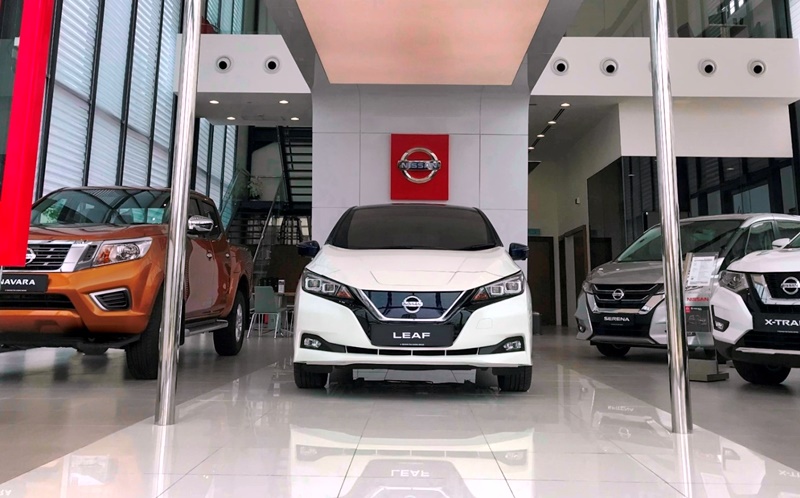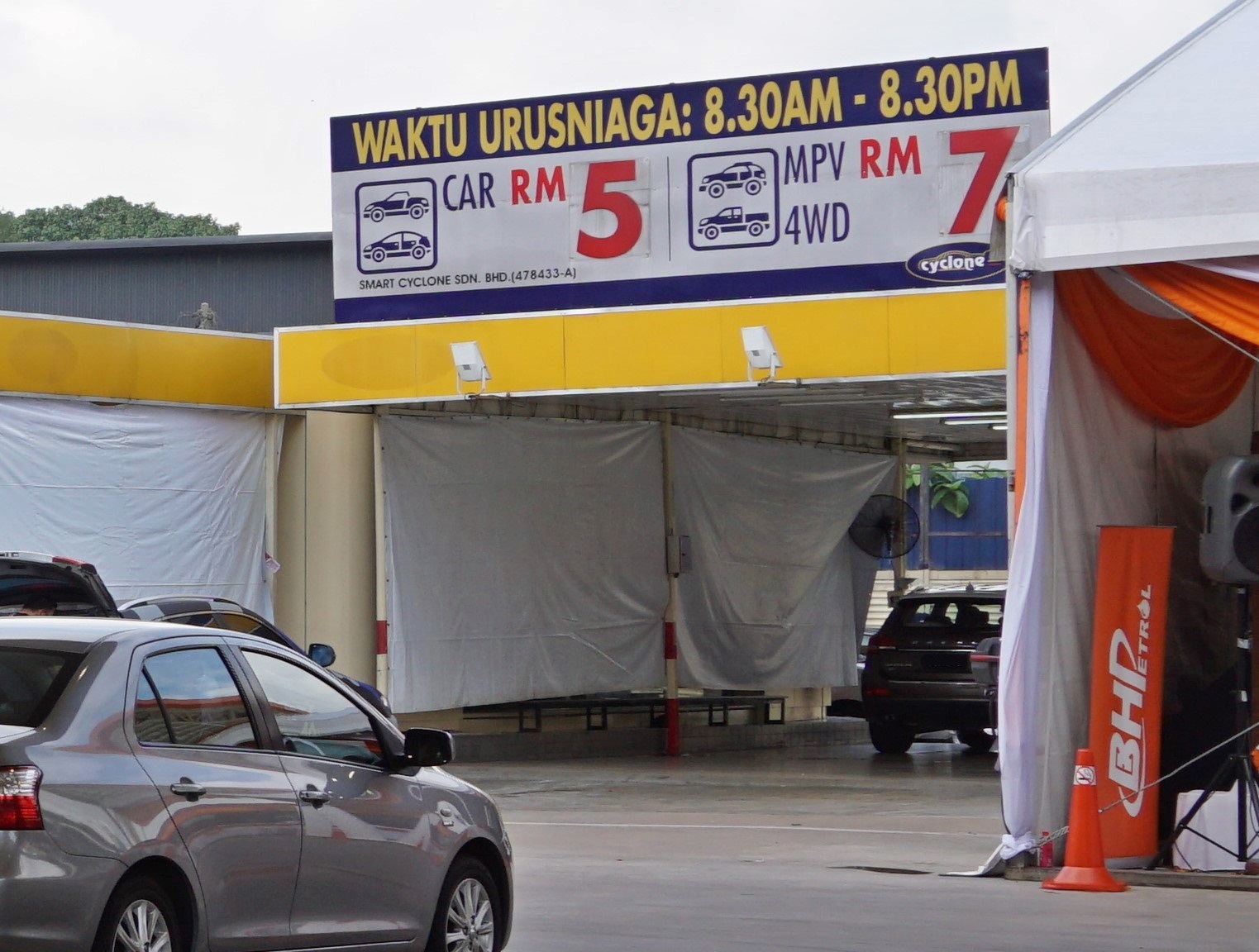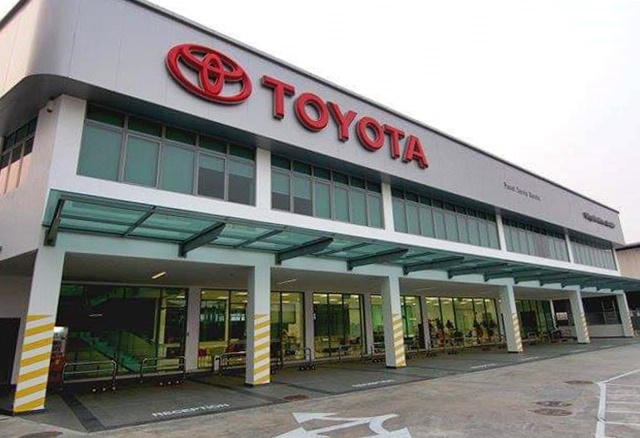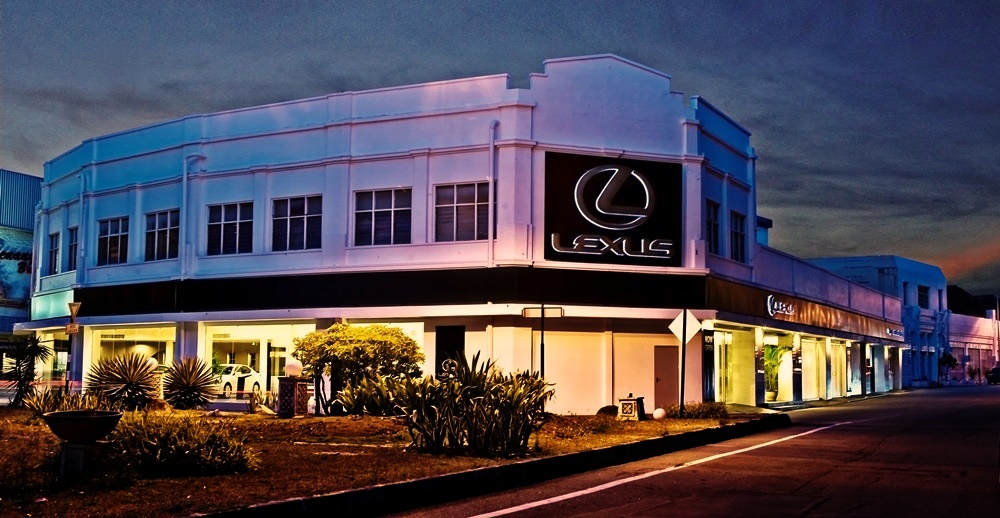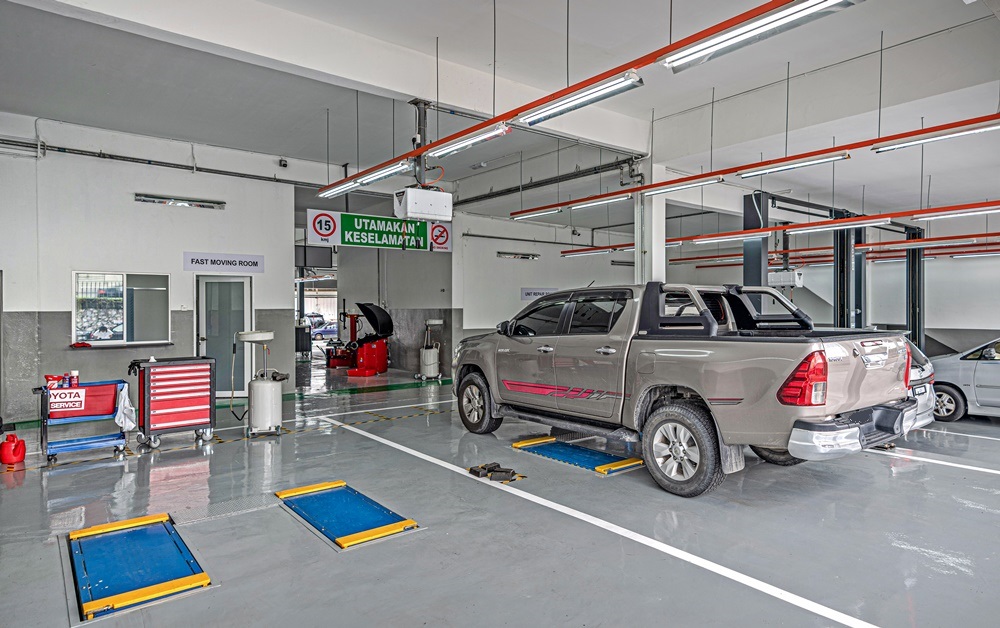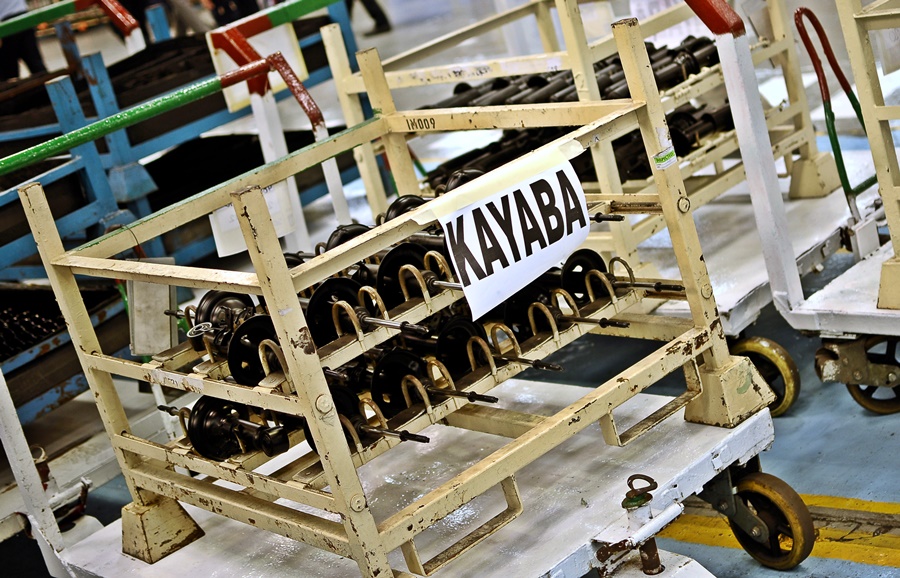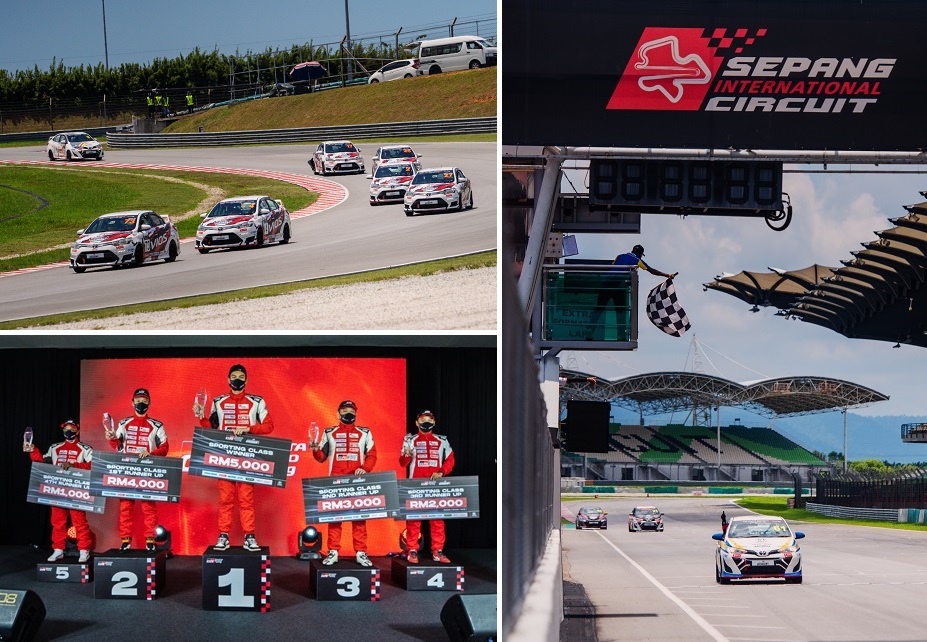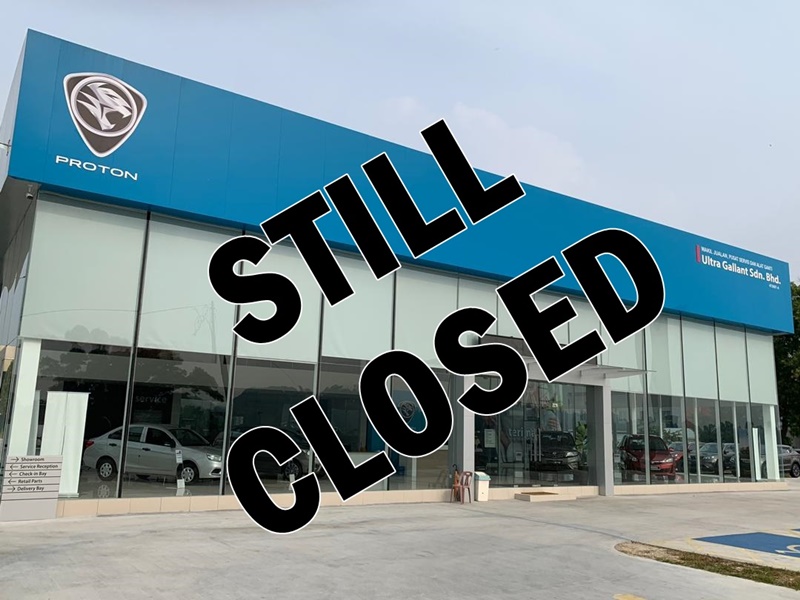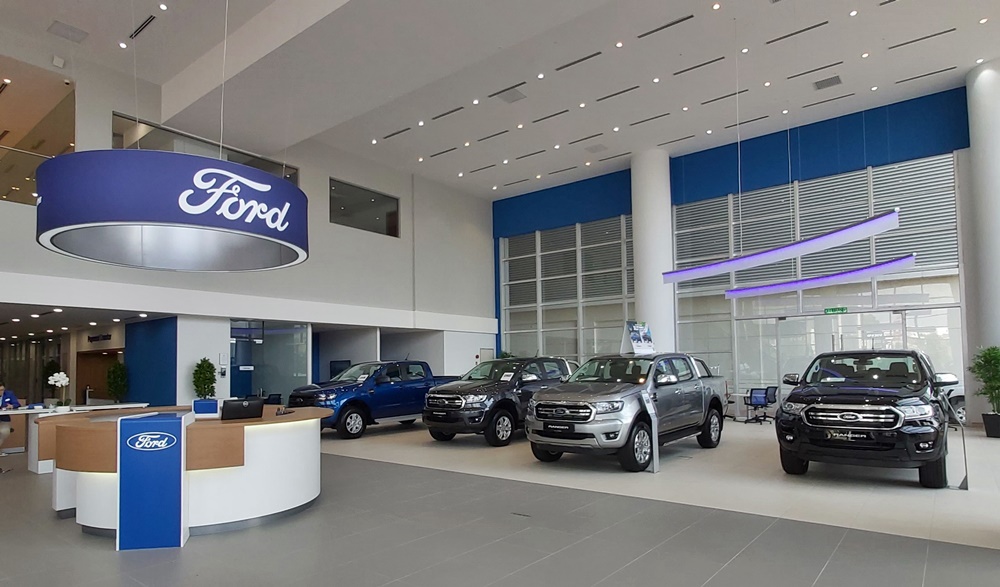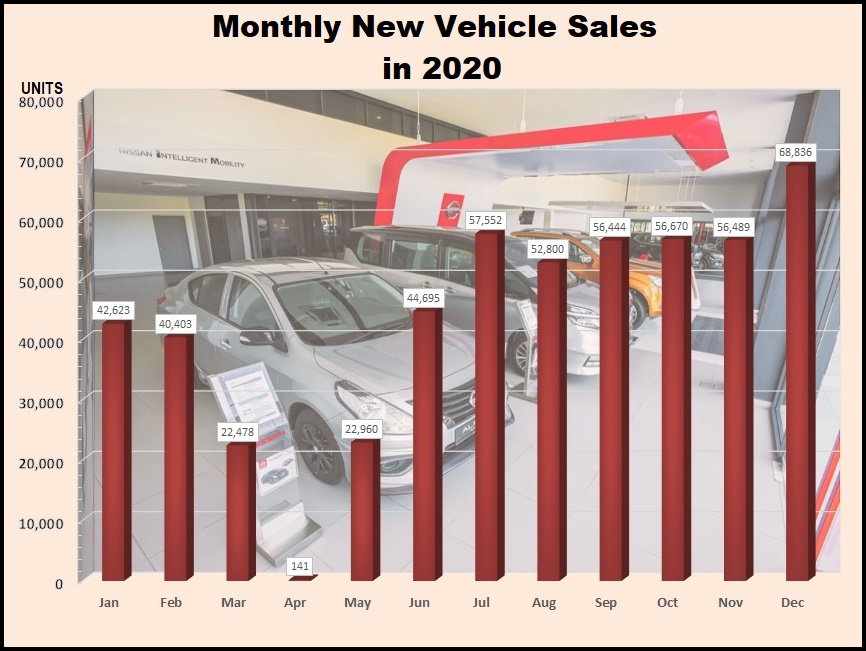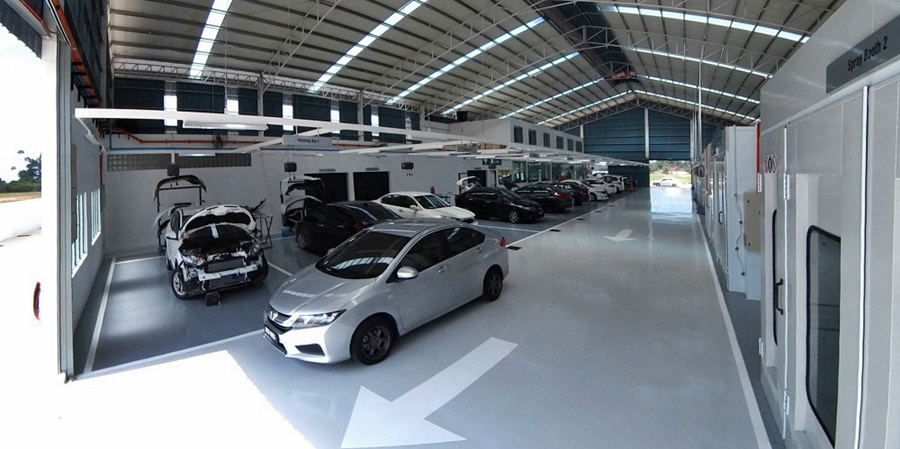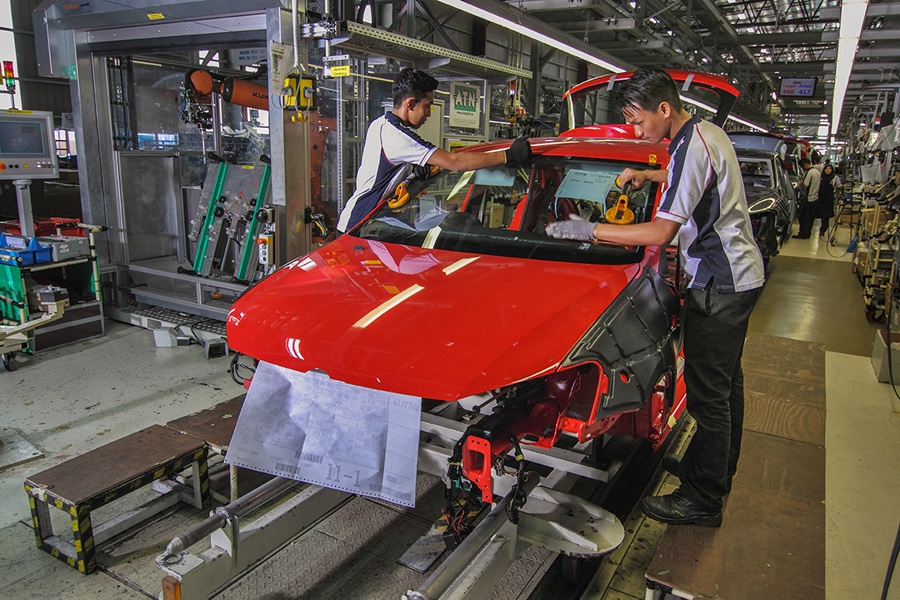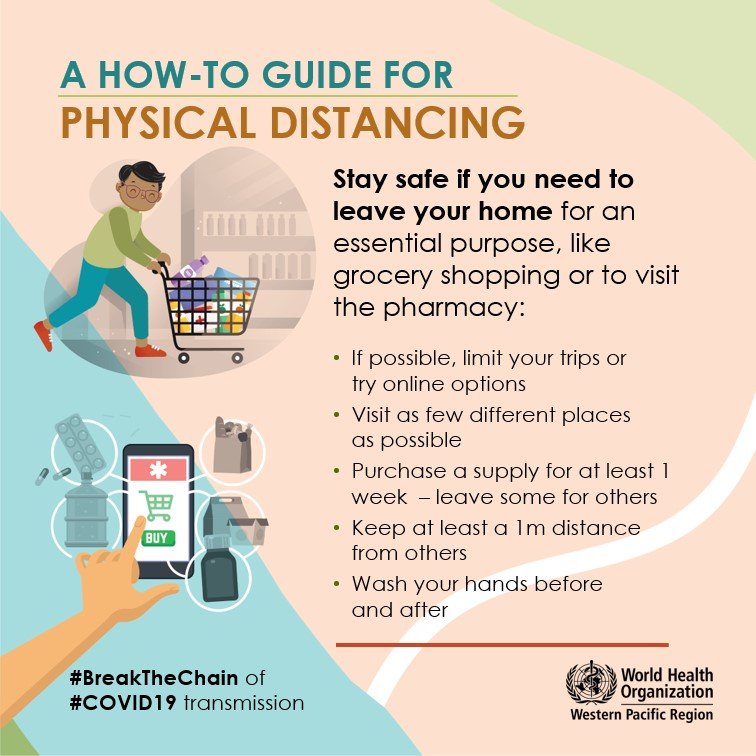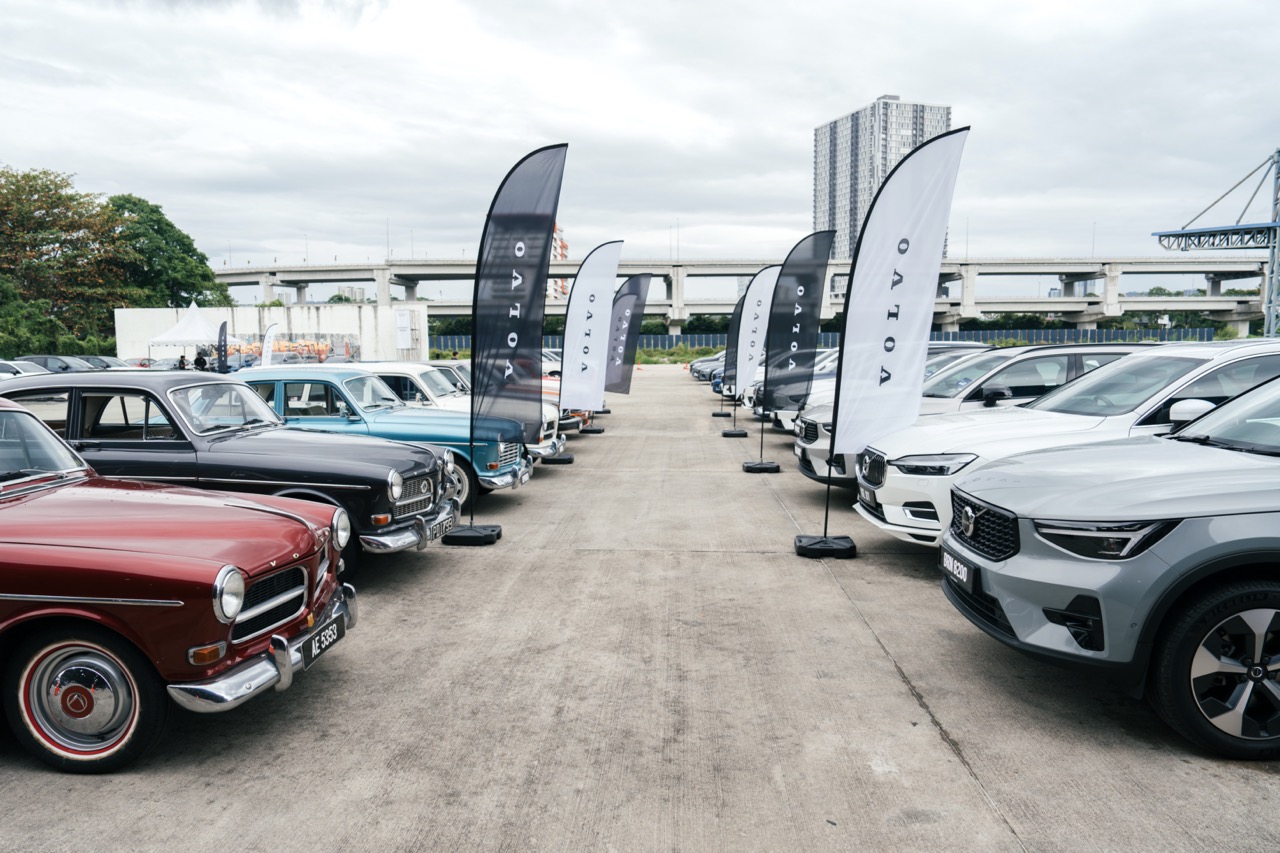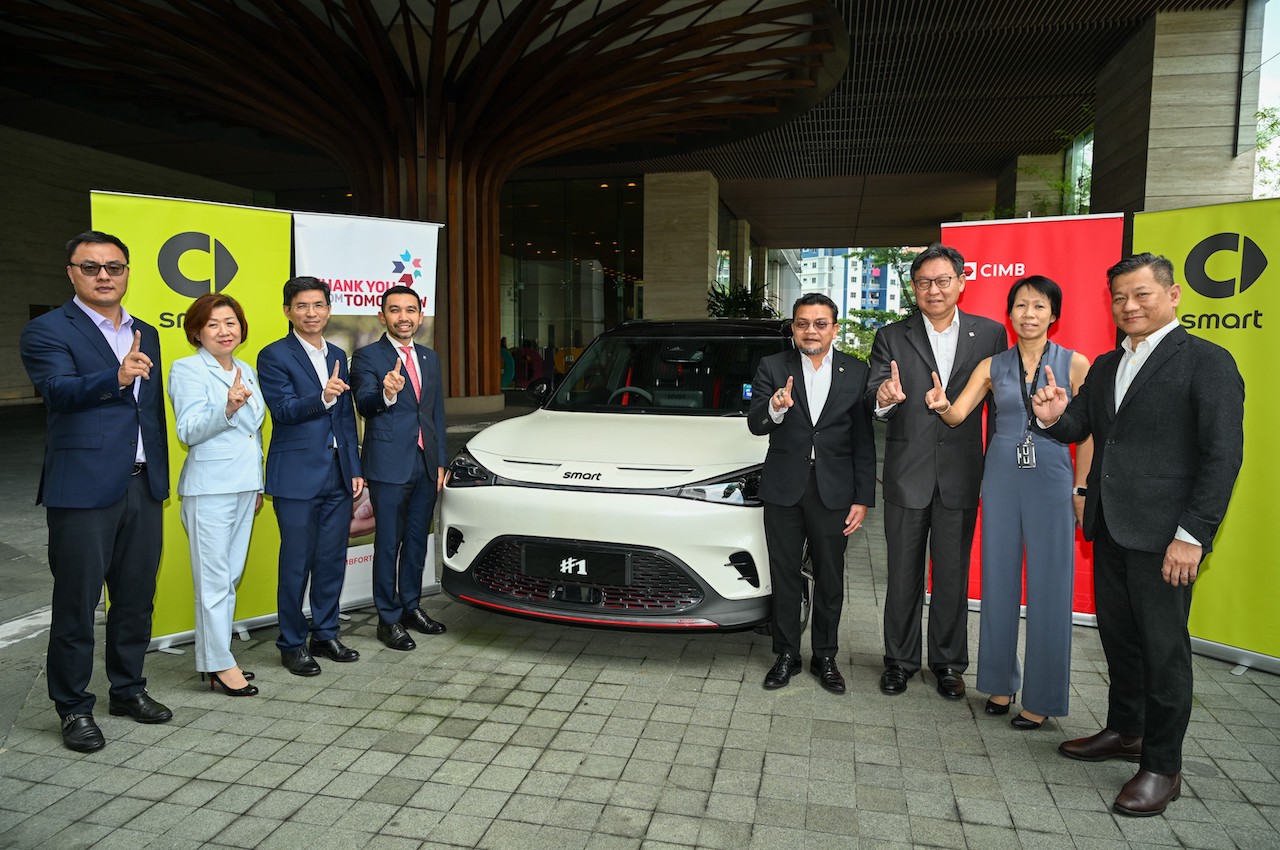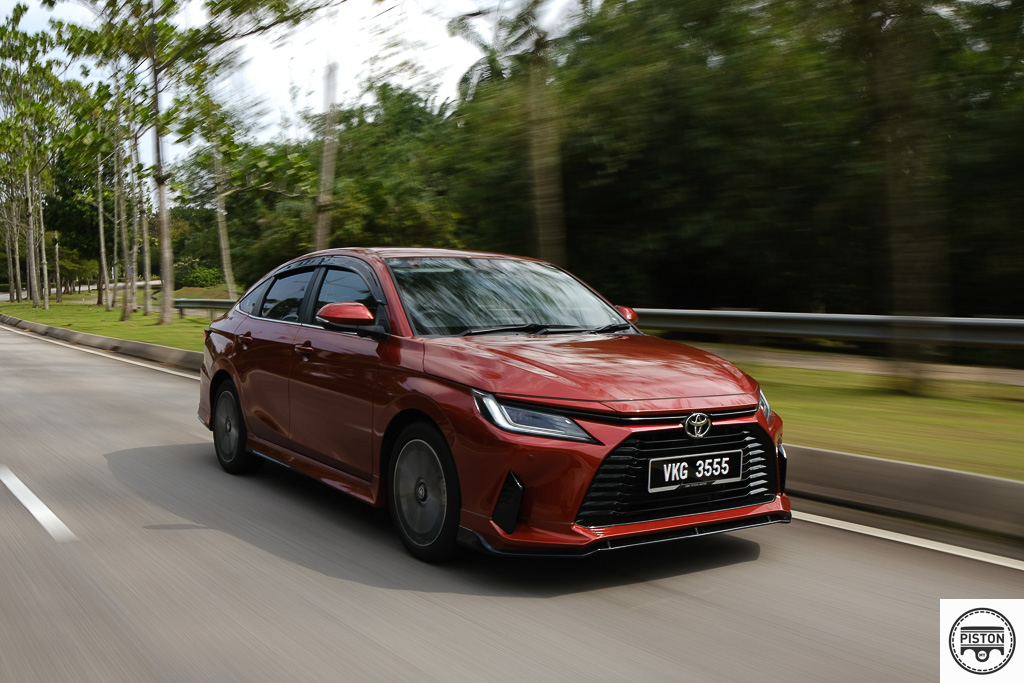From tomorrow, Monday August 16, 2021, a greater degree of normalcy returns to Malaysia as the government will allow a number of activities to resume. Announcing this long-awaited development, the Prime Minister said that the vaccination programme has covered a significant portion of the population already and there was also a decline evident in the number of serious cases of COVID-19 infection, hence the removal of restrictions which have been in place since the beginning of June 2021.
Of interest to the auto industry which has been facing growing challenges as it could not carry out normal business is permission to operate showrooms and distribution centres again. Additionally, manufacturing activities are also allowed to resume, subject to certain conditions. This means that, for the auto industry, things can return to normal but with observance of the Standard Operating Procedures (SOPs) that we should all be familiar with by now.
Orders waiting to be fulfilled
While service centres have been allowed to operate so as to provide essential services to motorists, the closure of showrooms has prevented visits by customers who may be shopping for a new car, as well as deliveries of new vehicles. However, while the showrooms have been closed, many companies have been able to get bookings via their virtual showrooms online during the past two months. Now they will be rushing to complete those orders and deliver the new vehicles to customers.
However, stocks may not be readily available as the suspension of assembly operations for two months has meant that there have been no new vehicles coming from the plants. The government is allowing plants to resume their operations with workforce levels dependent on the percentage of workers already vaccinated. Those which have had more than 80% of their workers vaccinated are allowed to operate at full capacity, again with adherence to SOPs.
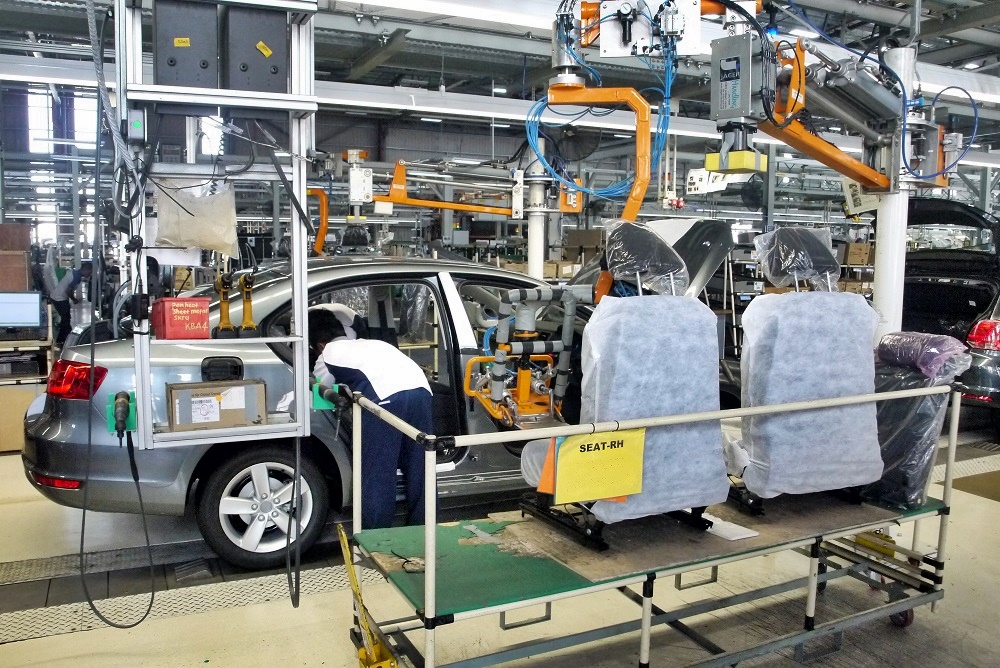
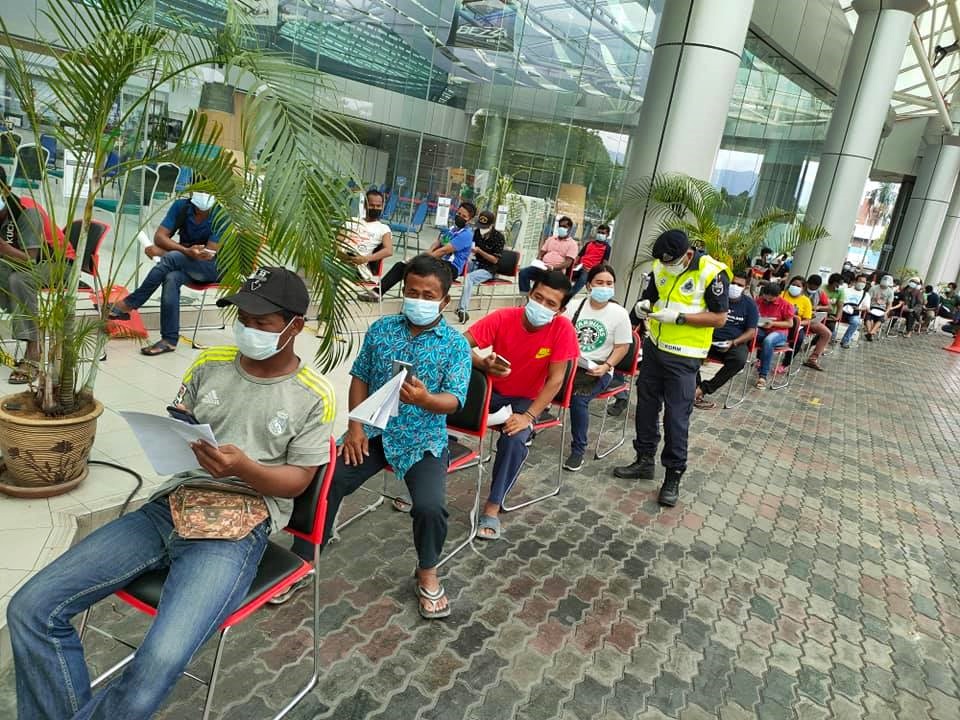
MITI has helped to organize the vaccination programme for workers in the manufacturing sector with PIKAS (Program Imunisasi Industri COVID-19 Kerjasama Awam-Swasta), the public-private sector partnership immunisation program. This has been important, particularly in the Klang Valley where many of the country’s economic and industrial facilities are located.
Accessory shops, carwash centres reopen
For those who require accessories, such stores can now open for business while carwash centres are also allowed to operate again. And if your hair has gotten rather long, the good news is that barbers (as well as hairdressers and beauty palours) can also resume their business. Also include in the list are shops which sell electrical items, household items, jewelry furniture, sportswear and fashion and accessory centres.
MITI has also made it a condition that employees who work in their offices must take biweekly RTK antigen tests approved by the Health Ministry. While many companies will continue with the work-from-home routine to avoid the additional costs of such frequent testing, those in the manufacturing sector won’t be able to avoid the expenditure which can be quite substantial.
Only for those fully vaccinated
An important condition is that those who visit all these places must be already fully vaccinated. Full vaccination means 2 doses of Pfizer, AstraZeneca or Sinovac vaccines, with the second dose received no less than 14 days ago. For those who the Johnson & Johnson or CanSino vaccines, a single dose is considered enough but must have been received not less than 28 days ago. If you have not been vaccinated or do not meet these conditions, or you have symptoms of COVID-19 infection, DO NOT go to any public places and remain at home. If your symptoms are serious, seek medical help immediately.
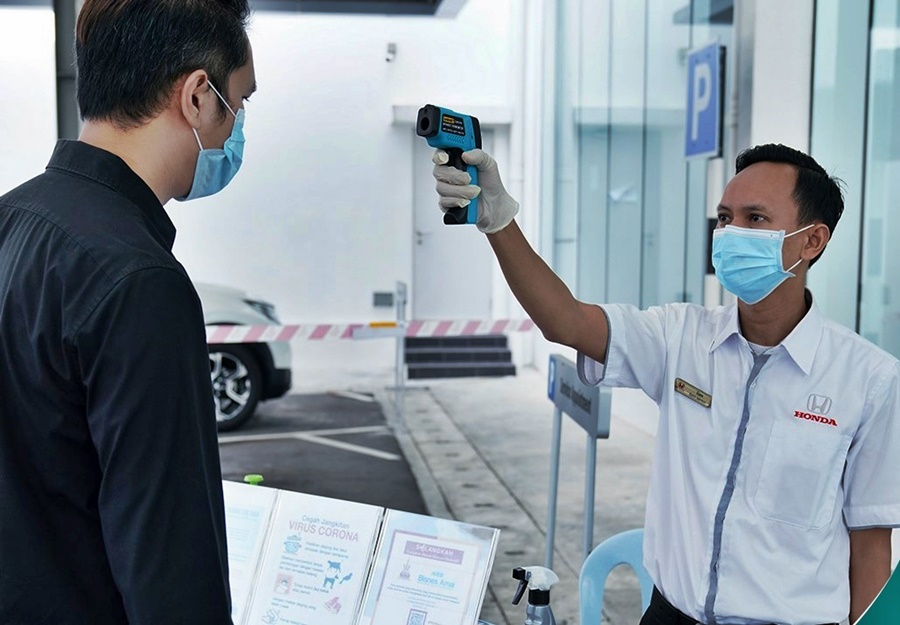
The number of new cases daily has been over 20,000 since August 11 but hopefully, as vaccination of a larger proportion of the population is completed, spread of infections can be reduced. According to a report, there are signs that the most serious cases are getting a bit less now although hospitals are still overloaded. Precautions are still necessary (don’t think vaccination makes you immune to the coronavirus) and facemasks should be used in public places with social distancing observed. If everyone can do their part and protect themselves and each other, perhaps we can return to the sort of life we have before 2020.
Safer, more immersive experience for Isuzu customers in the era of the New Normal



